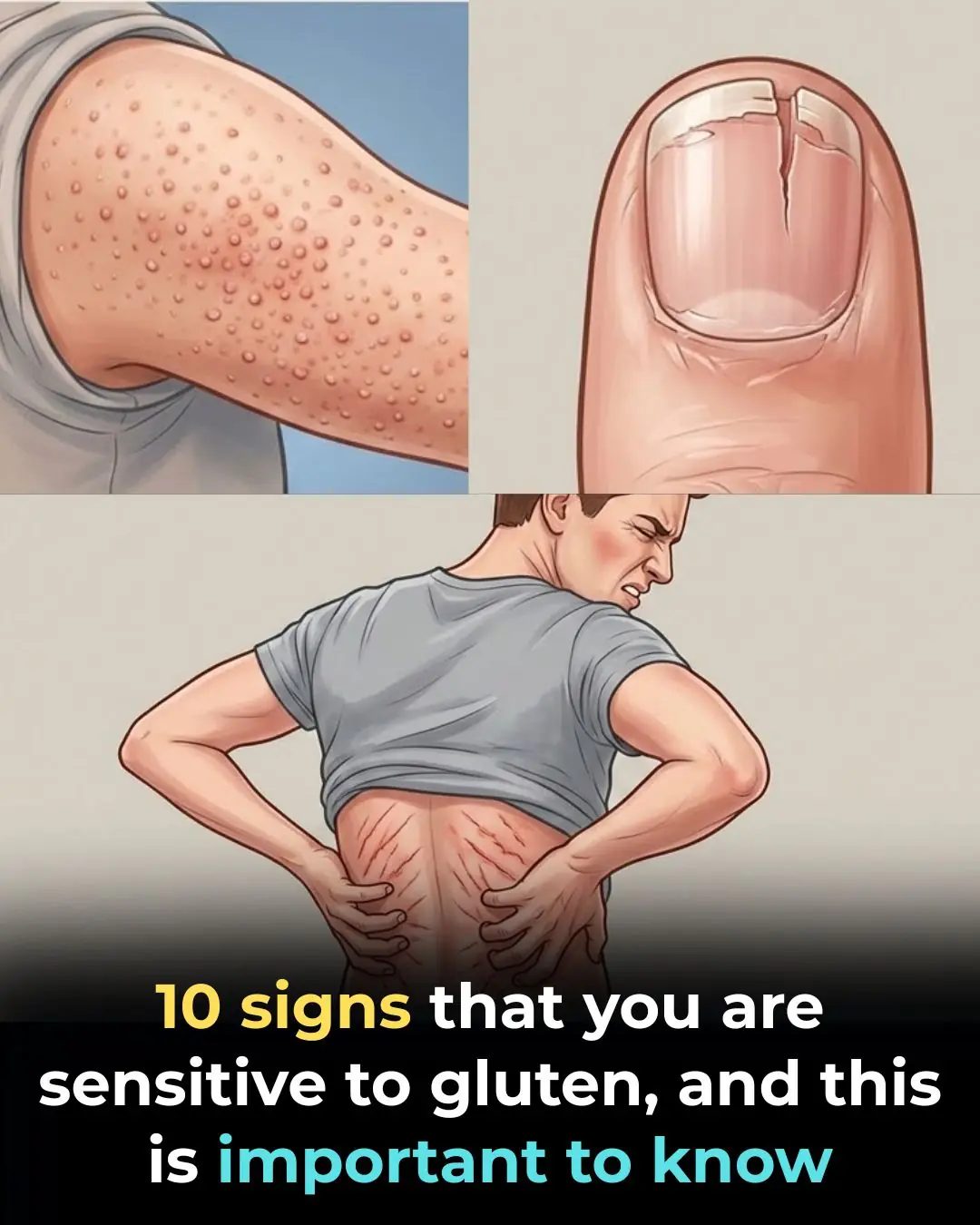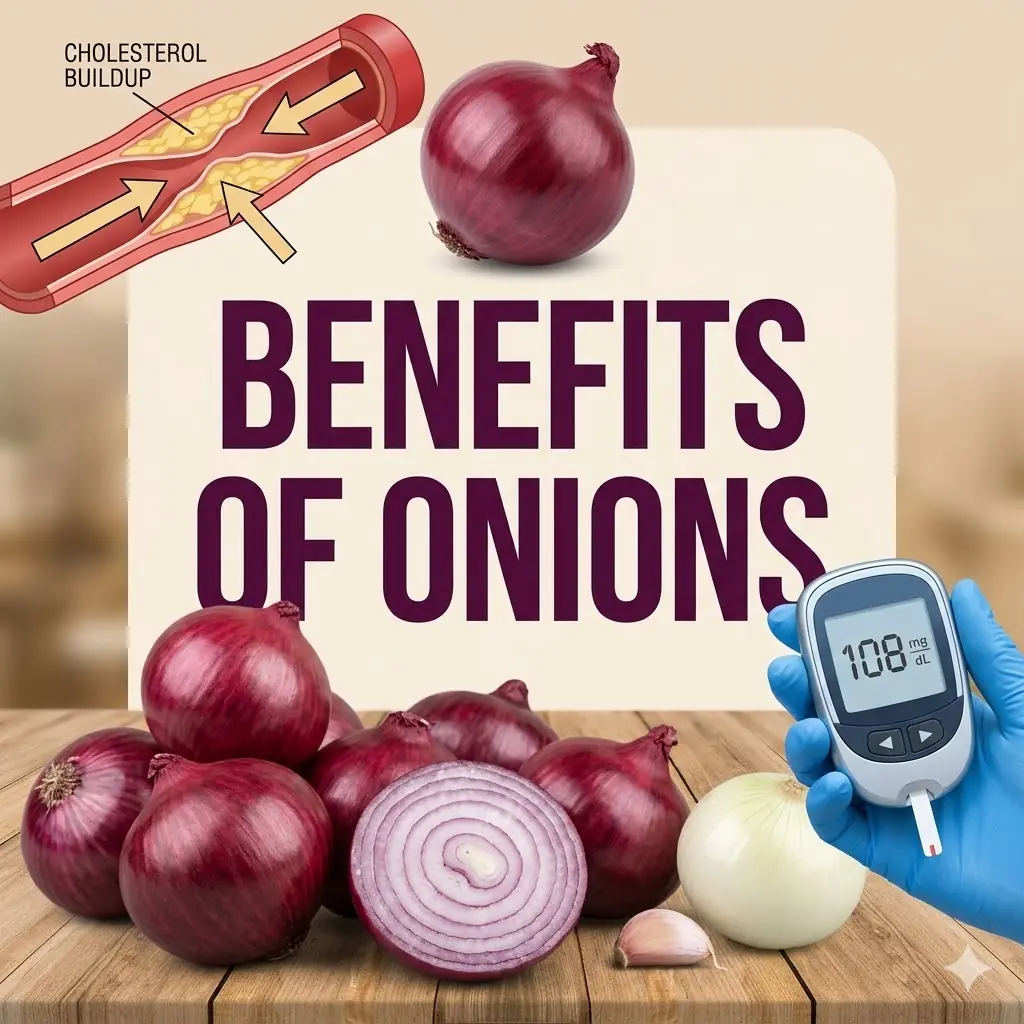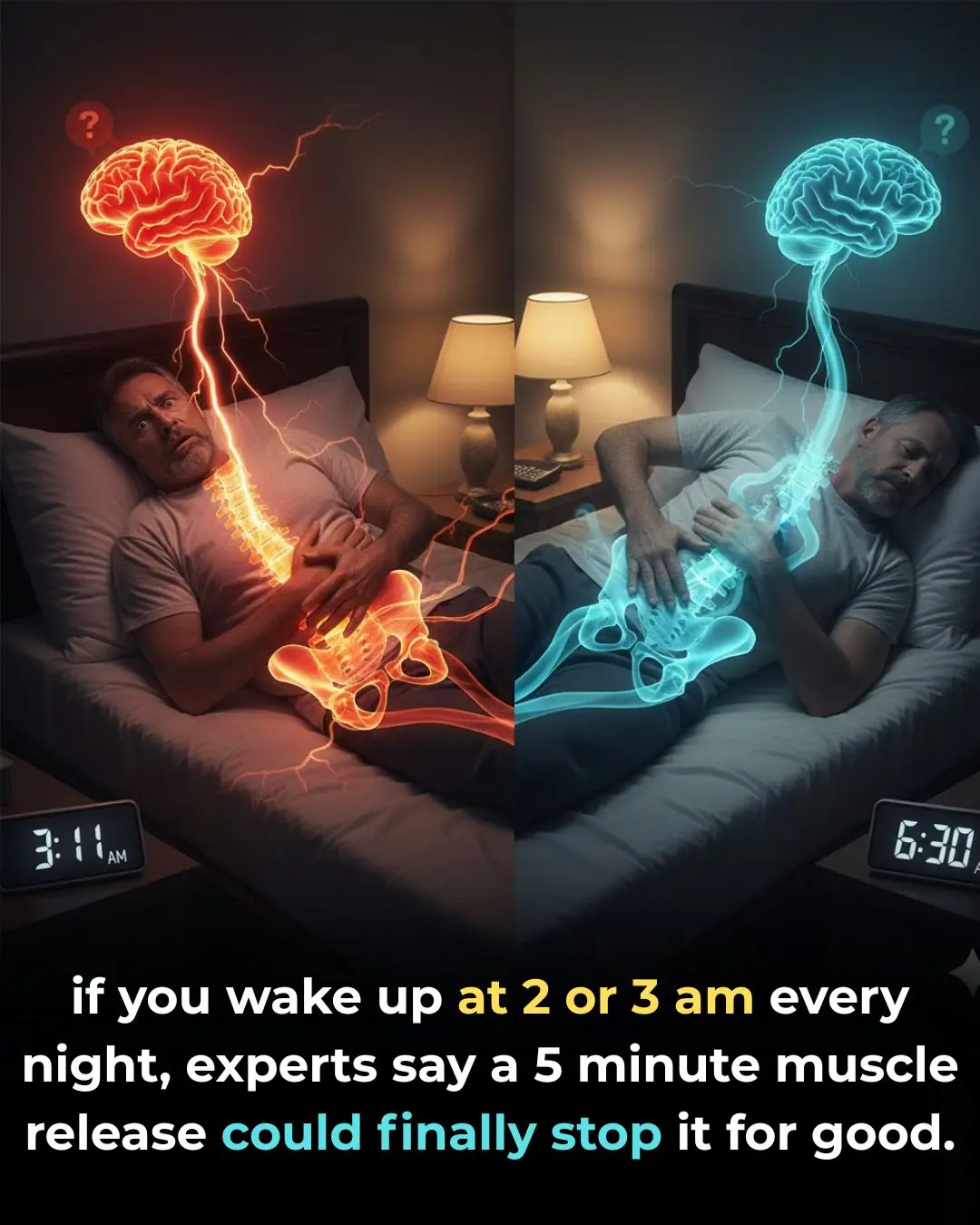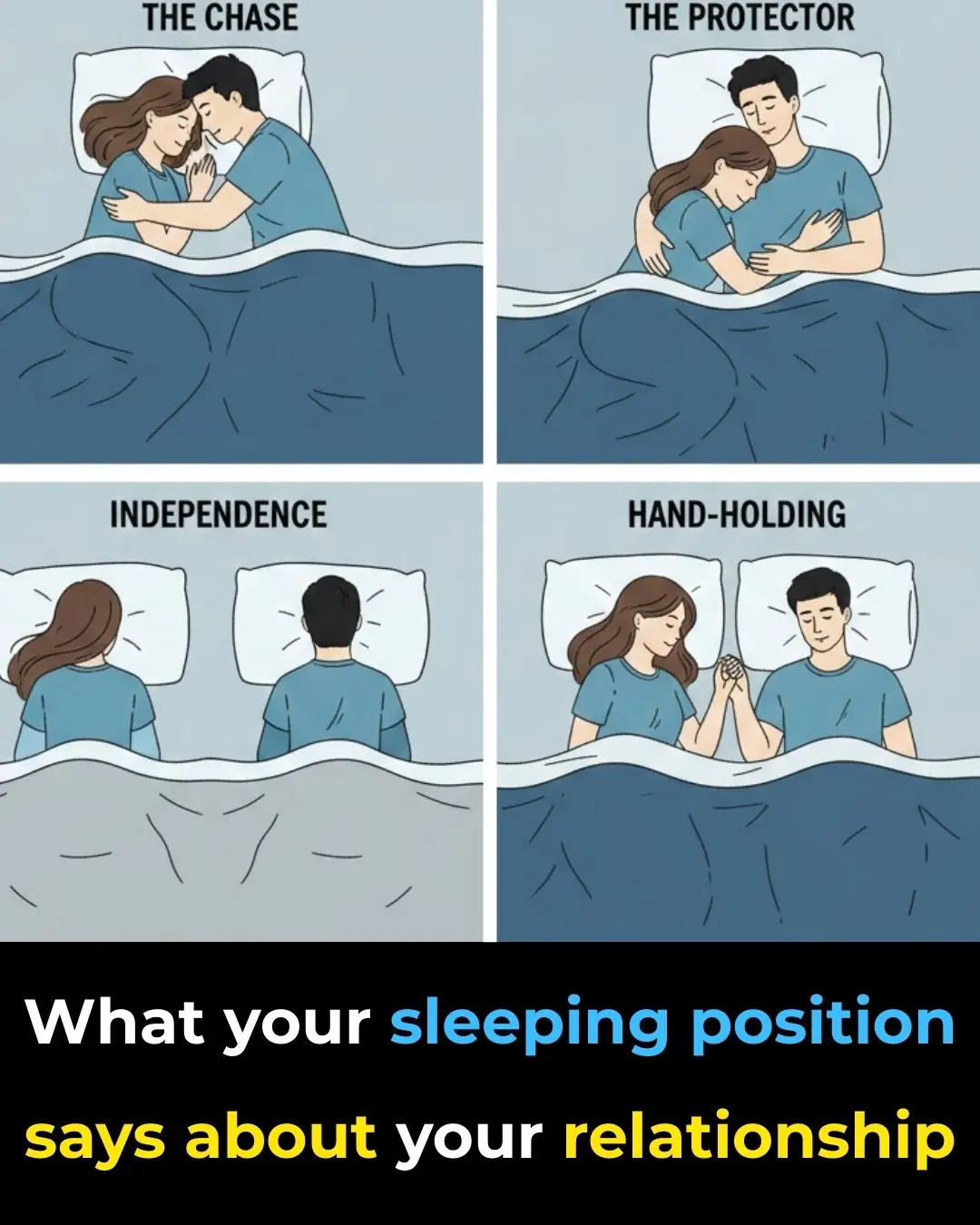
8 Common Reasons For Waking Up at Night
Why You Keep Waking Up at Night — and How to Fix It
A good night’s sleep is one of the most powerful tools for maintaining your health and emotional balance. During deep sleep, your body repairs tissues, balances hormones, and strengthens memory. However, when you find yourself waking up multiple times during the night, your body misses out on these critical restorative phases — leaving you groggy, irritable, and unfocused the next day.
Understanding the reasons behind nighttime awakenings is the first step toward reclaiming peaceful, uninterrupted sleep. Below are some of the most common causes of disrupted sleep and simple yet effective solutions to help you rest better.
1. Frequent Urination (Nocturia)
Waking up several times to use the bathroom is one of the most common culprits of poor sleep. This condition, known as nocturia, can be triggered by drinking too much fluid close to bedtime — especially caffeinated or alcoholic beverages, which act as diuretics.
💡 What to do:
-
Limit fluid intake at least two hours before bed.
-
Avoid caffeine and alcohol in the evening.
-
If frequent urination continues, consult your doctor. Persistent nocturia may indicate issues such as overactive bladder, diabetes, or an enlarged prostate. Managing these underlying conditions can greatly improve sleep continuity.
2. Overheating and Night Sweats
If you wake up drenched in sweat or feel uncomfortably warm, temperature regulation could be the issue. The body’s core temperature naturally drops at night to promote sleep, so an overly warm room or heavy bedding can interfere with this process.
💡 What to do:
-
Keep your bedroom between 18–22°C (64–72°F) for optimal comfort.
-
Choose breathable, lightweight bedding and moisture-wicking pajamas.
-
If hot flashes or night sweats related to menopause or medication are the cause, speak with your healthcare provider about possible treatments or lifestyle adjustments.
3. Sleep Apnea
Sleep apnea is a serious sleep disorder in which breathing repeatedly stops and starts during the night, often without the person realizing it. Common signs include loud snoring, choking, or gasping for air. These interruptions can cause dozens of micro-awakenings that prevent deep, restorative sleep.
💡 What to do:
If you suspect sleep apnea, seek medical advice promptly. Treatments such as CPAP (Continuous Positive Airway Pressure) devices, oral appliances, or weight management can significantly improve breathing and overall sleep quality.
4. Insomnia
Insomnia — the inability to fall or stay asleep — affects millions of people worldwide. Stress, irregular sleep schedules, and exposure to screens before bed can all make the problem worse.
💡 What to do:
-
Create a consistent bedtime routine that signals your body it’s time to wind down.
-
Avoid caffeine, heavy meals, and bright screens at least an hour before bedtime.
-
Try relaxation techniques such as deep breathing, reading, or gentle stretching.
If insomnia persists for weeks or months, consult a sleep specialist — cognitive behavioral therapy for insomnia (CBT-I) is one of the most effective long-term treatments.
5. Anxiety, Depression, and Worry
Mental health issues are among the most overlooked causes of disrupted sleep. Anxiety and depression can lead to racing thoughts, restless nights, and frequent awakenings. Even mild stress can prevent your body from fully relaxing.
💡 What to do:
Incorporate calming habits such as meditation, journaling, or mindfulness exercises before bed. For ongoing anxiety or depression, professional help — therapy or medication — can make a tremendous difference. Remember, improving mental well-being often directly improves sleep quality.
6. Night Terrors and Vivid Dreams
Night terrors are intense episodes of fear or panic that occur during deep sleep, most common in children but occasionally affecting adults. People often wake up confused, sweating, or with a racing heart.
💡 What to do:
Maintain a consistent sleep schedule and reduce evening stress. For frequent or severe episodes, consult a healthcare professional or sleep specialist. In adults, night terrors may be linked to stress, trauma, or sleep disorders that require treatment.
7. Indigestion and Late-Night Eating
Eating large, fatty, or spicy meals too close to bedtime can cause acid reflux or indigestion, making it difficult to stay asleep. Lying down too soon after eating allows stomach acid to move upward, triggering discomfort and restlessness.
💡 What to do:
-
Eat your last meal at least 2–3 hours before bedtime.
-
Avoid heavy, spicy, or greasy foods in the evening.
-
Elevate your head slightly when lying down if you experience reflux.
Healthy eating patterns during the day promote better digestion and more peaceful rest at night.
8. Screen Time, Light, and Noise
The glow from phones, computers, and televisions emits blue light, which suppresses melatonin — the hormone that signals your body to sleep. Noise pollution and artificial lighting also disturb your circadian rhythm, keeping your brain alert when it should be resting.
💡 What to do:
-
Limit screen use at least one hour before bed.
-
Use blackout curtains or sleep masks to block light.
-
Try a white noise machine or soft music to mask background sounds.
Creating a tranquil, dark, and quiet bedroom environment can significantly enhance your sleep depth and quality.
🌙 The Path to Restorative Sleep
Restful sleep is not a luxury — it’s a cornerstone of physical health, mental clarity, and emotional resilience. Identifying the reason behind your nighttime awakenings allows you to make small but powerful changes to your daily routine.
Focus on good sleep hygiene: keep a regular bedtime, manage stress, eat mindfully, and maintain a comfortable sleep environment. If disruptions persist despite these efforts, don’t ignore them — reach out to a healthcare professional or sleep specialist for personalized advice.
After all, quality sleep isn’t just about getting more hours — it’s about giving your body and mind the true rest they deserve.
News in the same category


Can Red Onions Help Regulate Blood Sugar

How to Make Aloe Vera Oil for Healthier, Stronger-Looking Hair

Can You Eat Yogurt Past Its Expiry Date

The Truth About Age Spots

The 2-Ingredient Homemade Drink That Helps Reduce Belly Fat

Why Some People Sunburn Easily

The Hidden Health Risks of Kissing A Bearded Man

How to Reduce Excess Phlegm

11 Things You Didn’t Know About Hard Boiled Eggs

Scabies or Skin Allergy

Why Honey Crystallizes

Taking morning baths after 70: potential liver risks you should be aware of

20 Brilliant Ways to Use Cloves for Daily Wellness Support

Thyme: A Natural Remedy with Remarkable Health Benefits

If you wake up at 2 or 3 AM every night, experts say a 5 minute muscle release could finally stop it for good

Signs and Symptoms of Thyroid Cancer

The Truth Behind White Skin Spots

The Hot Spoon Hack for Mosquito Bites
News Post

Subtle Signs You’re Not Drinking Enough Water

Warning Signs You May Be Sensitive to Gluten

Can Red Onions Help Regulate Blood Sugar

She Slapped Him and Threw a $100,000 Check—So He Bought Her Entire Business District

She Accused a Cruise Dishwasher of Stealing Her Diamond Ring — What Happened Next Froze the Entire Ship

How to Make Aloe Vera Oil for Healthier, Stronger-Looking Hair

Bully Slaps Kid In Library—Then Sees What’s On Her Belt

Why Women Prefer Hotter Showers Than Men

Can You Eat Yogurt Past Its Expiry Date

The Truth About Age Spots

The 2-Ingredient Homemade Drink That Helps Reduce Belly Fat

Why Some People Sunburn Easily

The Hidden Health Risks of Kissing A Bearded Man

How to Reduce Excess Phlegm

11 Things You Didn’t Know About Hard Boiled Eggs

The Common Bra Mistake

What Your Sleeping Position as a Couple Might Reveal

Scabies or Skin Allergy

Why Honey Crystallizes
